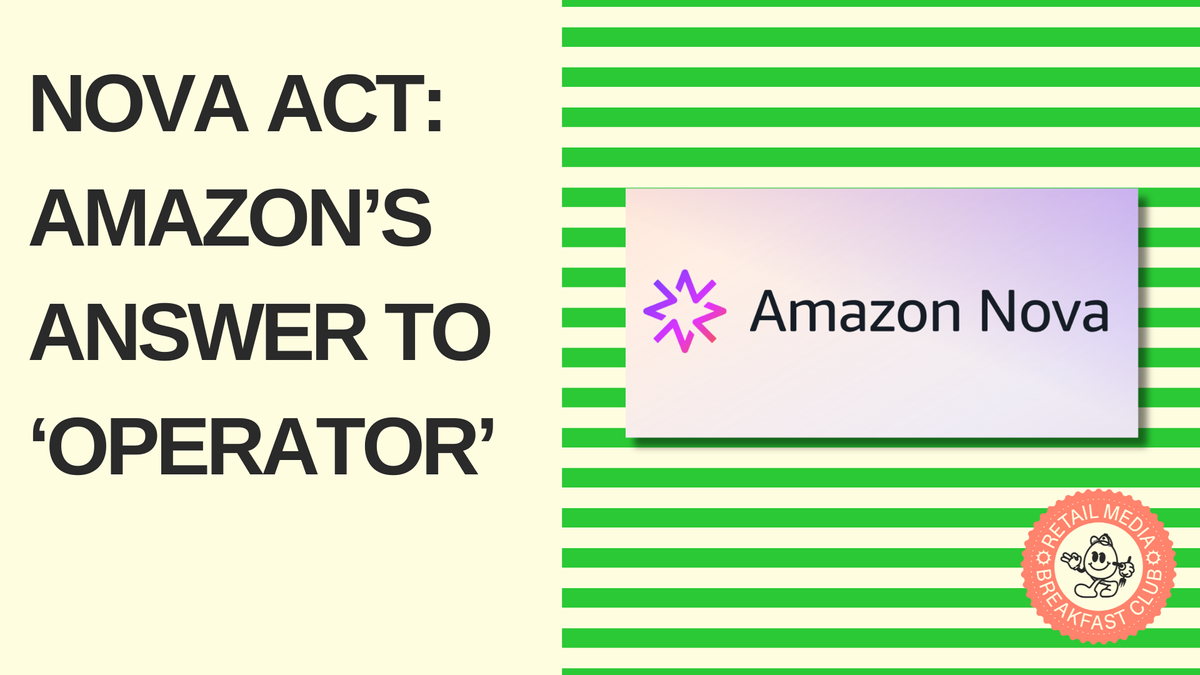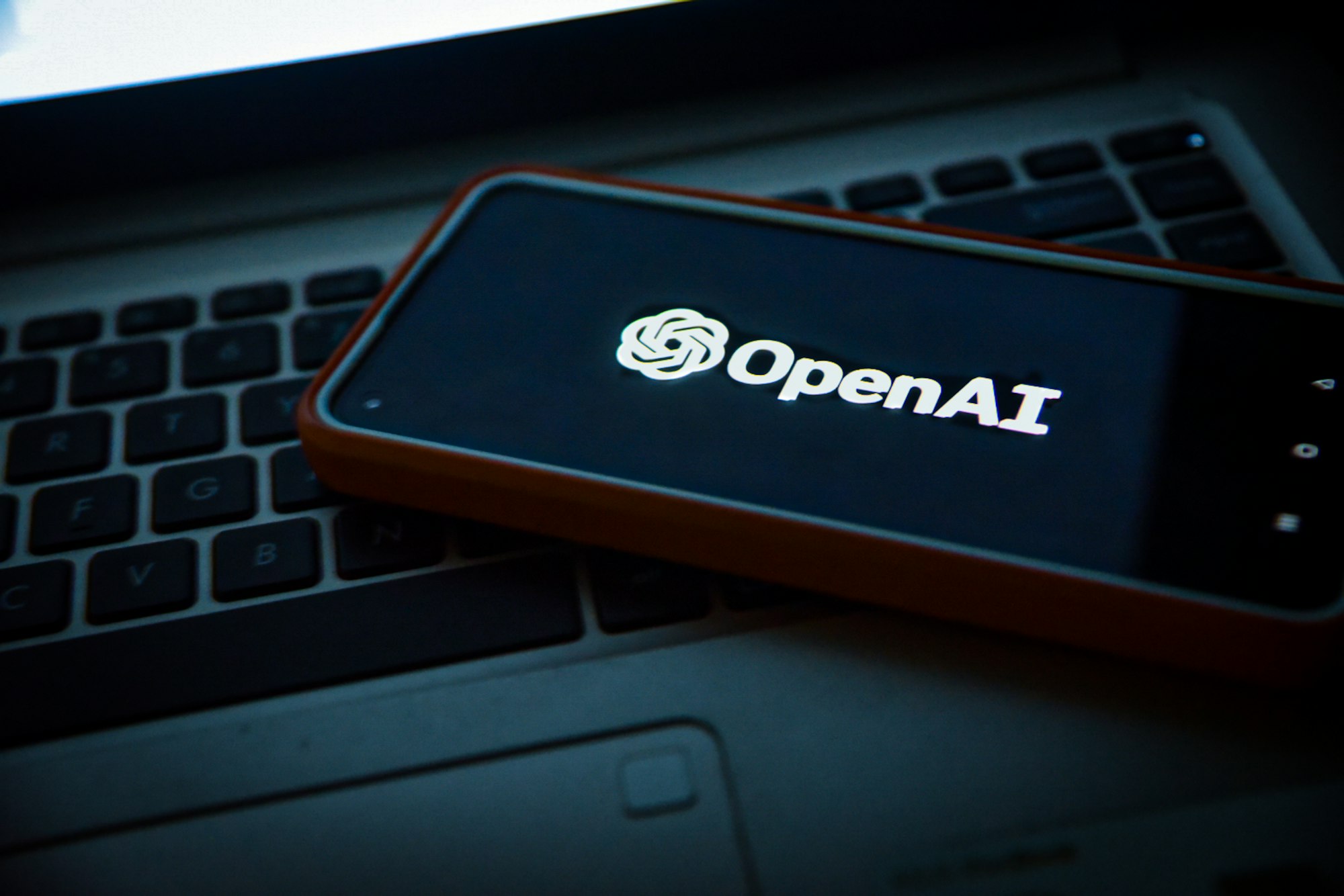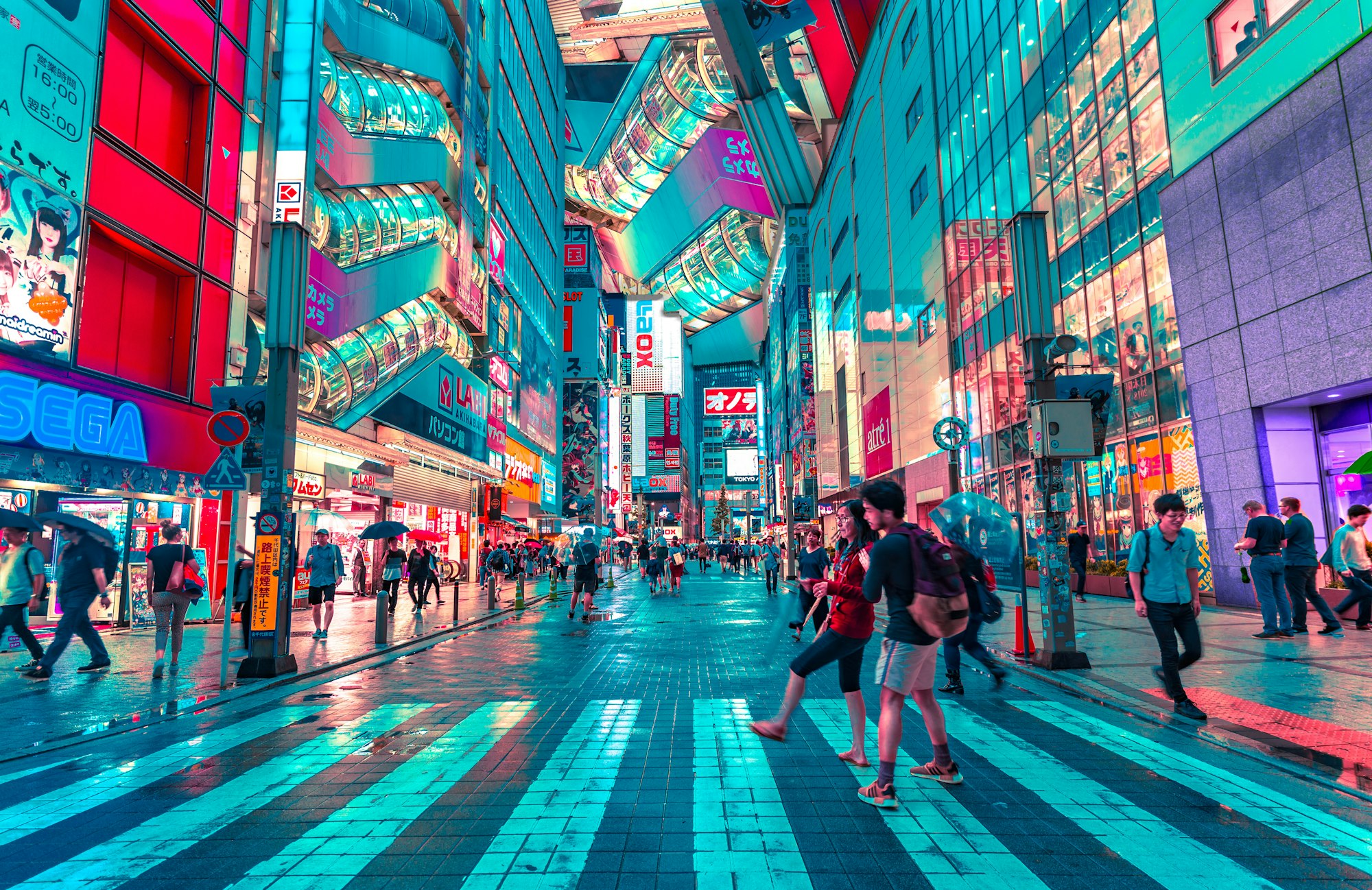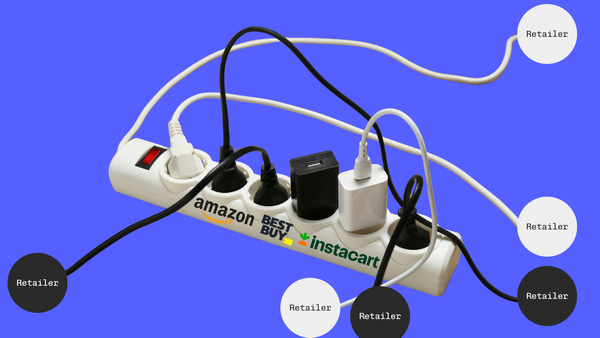Amazon's 'Nova Act' & The Race to Control the Future of AI Shopping

Yesterday, Amazon quietly unveiled Nova Act—a new AI model from their "AGI Labs" designed to take autonomous actions across the web—along with an SDK for developers to start experimenting with it.
Don't be fooled by the lack of consumer fanfare. This isn't just another AI tool; it's Amazon's opening salvo in the battle to control how we'll all shop in the future. My take is that Amazon sees the writing on the wall: whoever owns the AI agent that consumers trust to handle their shopping will control retail's future—and they're determined to win this race.
Let me break down why Nova Act matters and what it means for brands and retailers caught in this rapidly evolving landscape.
What kind of actions could Nova Act facilitate?
Amazon's launch video shares an example of a renter finding an apartment on the internet. By handing out keys to developers, Amazon will be able to see what other use cases spring up and stress-test the technology before integrating these use cases themselves.
Perhaps Amazon will adopt this technology in-house across its business units including the 3P marketplace and Amazon Ads, with potential use cases like bulk listing improvements, supply-chain management price adjustments, or replacing some Seller Support ticketing.
But most interesting to me right now is how Amazon could use Nova Act to make Alexa+ a true consumer-facing AI agent who can perform research and transactional tasks for you.
Alexa+ can already perform some actions for you, but Nova Act shows there's a whole new ball game to be played.
The Strategic Significance of Nova Act
The timing of Nova Act is particularly telling. OpenAI's Operator launched just two months ago, making waves with its ability to handle everyday shopping tasks. Amazon has just responded with its own agent technology. But because it was launched only to developers rather than consumers, it's likely to get a lot less attention – allowing Amazon to continue cooking quietly.
The irony in Amazon's approach is striking: while actively blocking external AI agents like Operator from accessing Amazon.com, they're simultaneously building their own agent technology
As I wrote earlier this year, whoever controls the interface between consumers and products will control the future of retail. Amazon clearly doesn't want to cede this control to OpenAI or any other competitor.

But you can certainly expect that Amazon will expect its agent to be able to crawl, interpret, and even transact on other retailer websites. In fact, Amazon is already using retail and brand-owned websites to augment its Rufus AI Assistant.
According to Amazon, Rufus is trained on the company’s extensive product catalog, customer reviews, community Q&As, and "information from across the web" to assist customers with their shopping inquiries.
Competing retailers might initially resist or block AI agents, but once consumer adoption reaches critical mass, they'll have little choice but to play by the new rules. Earlier this year we thought those rules would be created by OpenAI, but there could be a rival sheriff in town.
Now we see that Amazon doesn't want to just own a horse in the race, it wants to own the racetrack.
What Nova Act Means for Brands and Retailers
For brands and retailers, Nova Act represents both opportunity and threat.
On one hand, the SDK could enable powerful new automations for seller operations – imagine AI that can optimize thousands of product listings, dynamically adjust pricing, or handle routine customer service inquiries without human intervention.
On the other hand, Nova Act accelerates the shift toward what I've called "The Retailer's Dilemma" – block these agents and potentially lose customers, or embrace them and risk becoming mere fulfillment centers while surrendering control of the customer relationship.
The stakes are particularly high for retail media networks, which have become crucial profit centers. If AI agents become the primary shopping interface, traditional sponsored listings and display ads might never be seen by human eyes. Instead, we could see a new form of "agent optimization" emerge, where brands compete to be recommended by AI shopping assistants rather than catch a consumer's eye.
Two Bold Predictions for Retail's Future with Nova Act
1. Full-Service "Concierge Commerce"
Within 18-24 months, I expect Amazon to leverage Nova Act to create a full-service concierge that extends beyond Amazon.com. Imagine Alexa managing your shopping needs across multiple sites. The monetization model here could be a continuation of the current Alexa+ $20/month fee.
But, you're not reading this if you don't immediately identify that there will inevitably be ads, too. Brands could compete to be "preferred vendors" within this ecosystem, paying premiums for visibility.
2. Consumer Decision-Making Transforms
Perhaps most profoundly, we'll see a shift from optimizing for human shoppers to optimizing for AI agent "preferences."
As I have written about before, Brand managers will need to understand what factors influence agent recommendations – price, reviews, delivery speed, sustainability metrics? – and optimize accordingly. This creates an entirely new discipline of "agent optimization" that could replace traditional SEO and retail media strategies.

How Brands Can Prepare
For executives at consumer brands, the emergence of Nova Act is another data point showing the direction that we're headed.
Forward-thinking brands will redesign their digital interfaces to be AI-friendly, understanding that AIs will seek out the most legitimate product content and reviews from around the web. You want that preferred content to be owned and updated by you, right?
Here are a few thought-starter questions from my friend and CPG-AI expert Lauren Schiavone of Wonder Consulting (check out our podcast series about AI in Retail for a great primer). These questions pertain to optimizing for Rufus, but can be generalized for any AI agent of the future:
- How well your brand is understood by AI: If you asked Rufus about your brand would would it say? Does it understand your benefits and differentiators?
- How clearly your products are positioned across platforms: Amazon Rufus will look offsite (particularly a brand website) to gain confidence that it is making the right product recommendation. (including your brand website). Or are you still optimizing for human search instead of AI-driven discovery?
- How is Rufus interpreting shopper needs and matching them to your brand: When a consumer asks for a product in your category, does AI see yours as the best fit? Or does it default to a competitor?
Implications for retailers
The short-term reaction from many retailers will likely be resistance – blocking agents or limiting their functionality. Some retailers may build direct relationships with the competing companies building these AI agents, like OpenAI. This will lead to walled gardens where consumers need to have 2 or more personal AI agents to complete their tasks across the whole web. Alexa+, and Operator, for example.
Despite these challenges, I think retailers still have a lot of tools in their arsenal: relationships with brands, private labels, loyalty programs. But it's still essential to rethink how you may compete. And this is not some faraway scenario. Personal AI agents represent a longer-term challenge, but Amazon's existing Rufus and Alexa+ systems are making shopping seamless and predictive within the Amazon ecosystem, and consumers will get used to ceding more decision-making to them.
Understanding and adapting to AI isn't optional, it's existential. Nova Act represents Amazon's bid to own the future of retail, and the companies that grasp this shift early will have the best chance of thriving in this new landscape.







